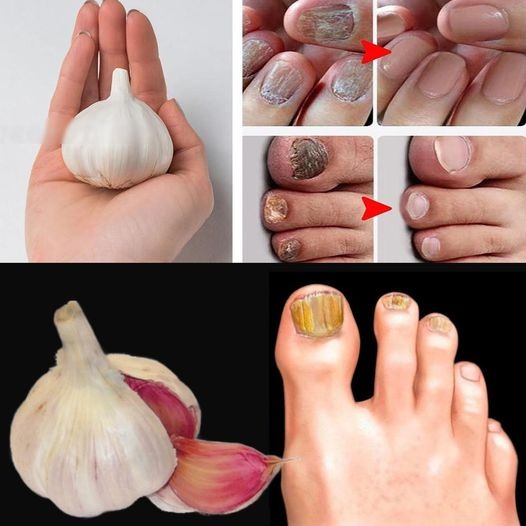Colds, coughs, and sneezes can be quite a nuisance. One of the most frustrating aspects of these conditions is the persistent phlegm and mucus that can linger in the chest and throat for weeks. This annoying mucus can disrupt daily life, causing persistent coughing fits and making it difficult to breathe, especially during exercise.
Fortunately, there are several at-home treatments that can help alleviate phlegm and mucus, making breathing easier and promoting overall well-being. These remedies are simple, effective, and easily accessible.
Understanding Mucus Production
Mucus is a thick, viscous substance produced by the mucous membranes lining the respiratory system, including the throat, lungs, and nasal passages. While mucus plays a crucial role in keeping our airways moist and clear by trapping dust, bacteria, and other foreign particles, excessive mucus production or accumulation in the chest and throat can be problematic.
Causes of Excessive Mucus Production
Several factors can contribute to excessive mucus production, including colds, allergies, respiratory infections, smoking, and exposure to irritants. When mucus accumulates in the chest and throat, it can lead to breathing difficulties, chronic coughing, throat irritation, and congestion.
Natural Remedies to Reduce Phlegm and Mucus
Before resorting to over-the-counter medications or prescription drugs, consider trying these natural remedies to reduce phlegm and mucus:
Stay Hydrated
Drinking plenty of water throughout the day helps dilute mucus, making it easier to expel. Opt for warm broths, soups, herbal teas, and water.
Gargle with Salt Water
Mix half a teaspoon of salt with warm water and gargle several times a day to relieve throat discomfort and reduce mucus.
Inhale Steam
Inhaling steam helps hydrate and loosen mucus, making expectoration easier. Use a steam inhaler or bend over a basin of hot water with a towel over your head.
Apply a Warm Compress
Applying a warm compress to the neck or chest can help release mucus and relieve congestion.
Use Lemon and Honey
Mix fresh lemon juice with warm water or herbal tea and add a tablespoon of honey to help break down mucus and soothe the throat.
Use a Humidifier
Adding moisture to the air with a humidifier can help loosen chest and throat mucus.
Practice Nasal Irrigation
Rinsing the nasal passages with saline solution or a neti pot can help reduce congestion and remove excess mucus.
Avoid Irritants
Steer clear of irritants like cigarette smoke, air pollution, and strong chemical scents that can exacerbate congestion and mucus production.
Activities to Avoid
To effectively alleviate phlegm and mucus, be aware of the following behaviors that can worsen the condition:
Avoid smoking and secondhand smoke, as they can aggravate the respiratory system and increase mucus production.
Limit dairy products, as they can thicken mucus, making it harder to expel.
Reduce sugary food and drink consumption, as they can increase inflammation and mucus production.
Avoid using decongestant sprays and nasal drops for extended periods without medical supervision, as they can cause rebound congestion.
Avoid excessive use of cough suppressants, as coughing is the body’s natural way of clearing airways of mucus and phlegm.
Consult a healthcare professional for an accurate diagnosis and treatment plan if symptoms persist or worsen.
By incorporating these natural remedies into your daily routine and avoiding specific triggers, you can effectively manage and alleviate phlegm and mucus in your chest and throat, promoting better respiratory health and overall well-being.


